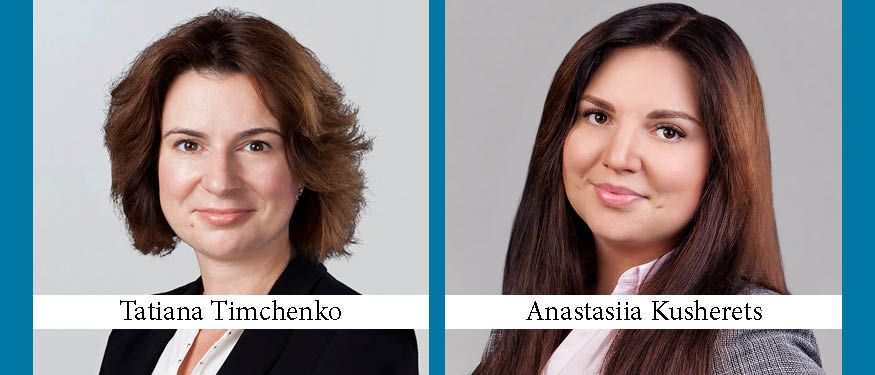An “unmanned aircraft” or “remotely piloted aircraft system” or “drone” is an aerial vehicle without a human pilot on board. Drones are designed for various uses: military, law enforcement, environmental and infrastructure monitoring, journalism, surveillance, agriculture, transportation, construction, etc. Being equipped with sophisticated geolocation, imaging, and facial recognition technologies or infrared sensors, some high-end drones can track up to 65 targets across an area as wide as 100 km, which allows for the gathering of detailed information on people – thus potentially infringing their right to privacy. The issue becomes even more worrying as drones retail at low prices that allow wide access to the technology.
Despite their proliferation, very few countries yet have specific legislation on drone use. In the European Union, there is no harmonized law on privacy and data protection implications arising from the use of drones. Data Protection Directive 95/46/EC and national data protection laws implementing it only apply to the extent that the data captured by drones is the personal data of individuals.
As for court practice, there is a preliminary ruling of the Court of Justice of the European Union that may apply to data protection in terms of using drones for capturing images or videos. The ruling was issued on the demand of the Supreme Administrative Court of the Czech Republic, which asked whether a person who carried out video surveillance of the entrance to his home and a public footpath had violated any personal data laws. The court stated that the video recording of people for the purpose of protection of their own property, health, and life, but which, even partially, monitors public space, does not amount to purely “personal or household” activity. The judgment, when applied to drones, means that operators of drones need to obtain the consent of those individuals captured on drone footage who can be identified.
A much stricter ruling was issued by Sweden’s Supreme Administrative Court, which classified drone photography as surveillance and obliged drone pilots to obtain a special permit to fly drones (proving the significant advantage of recording, which outweighs an individual’s right to privacy). It is unclear whether this ruling will minimize violations of personal data, although it imposes heavy restrictions on hobbyists, journalists, and other individuals.
Data protection regulation in Ukraine remains years behind reality. The Constitution of Ukraine guarantees that no one shall be subjected to interference in his/her private life. The Civil Code of Ukraine prescribes that a person can be photographed or recorded only if his/her consent has been obtained in advance, either in writing or orally depending on the circumstances (for instance, oral consent may be expressed before an interview). There are also court cases where a simple nod to a question regarding consent to being recorded was acknowledged as sufficient.
Ukrainian data protection laws contain the notion of “implied consent,” which presumes that a person has agreed to a recording unless otherwise expressed. Implied consent relates to open-air recordings on streets and at public events, which is legal if the cameras are observable by the public or if people are notified that recording is in progress. However, due to the heights at which drones can fly, and considering the small size of some types of drones, they may often be beyond the range of sight for most people, and thus can monitor people without their consent or knowledge.
A completely different approach relates to any kind of photo and video recording in private places, which is strictly prohibited without an explicit grant of permission by the person being photographed or recorded or whose property is being photographed or recorded. At the same time, a person who has granted consent to be recorded has the right at any stage to request that the recording or public demonstration be stopped.
Ukrainian legislation on the operation of drones so that they do not interfere in the personal lives of individuals requires elaboration not only in terms of aviation legislation, as aerial vehicles, but with regards to personal data protection in cases when drones are equipped with any kind of imaging technology.
By Tatiana Timchenko, Partner, and Anastasiia Kusherets, Associate, Peterka & Partners Ukraine
This Article was originally published in Issue 4.2 of the CEE Legal Matters Magazine. If you would like to receive a hard copy of the magazine, you can subscribe here.




